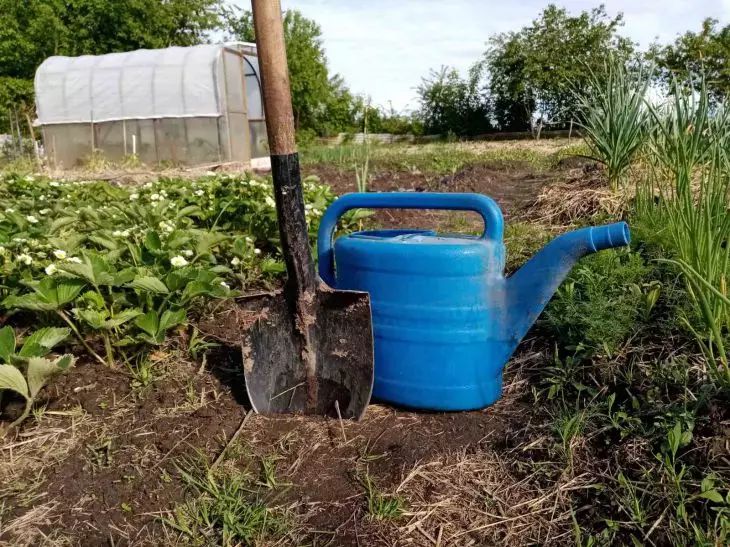What Are You Planting Wrong? Mistakes That Are Ruining Your Garden
Not everyone enjoys having a garden, and the reason often lies in the little things.
Planting errors spoil the harvest without the gardener noticing.
Let's look at the main mistakes and how to correct them. This will help your garden bring joy and a rich harvest.
Too cramped
Plants need space, and overcrowding suffocates their roots. Seedlings planted far apart grow healthier.
Plant roots need enough soil to nourish and grow. If plants are planted too close together, they begin to compete for water and nutrients.

Incorrect depth
Seeds buried too deeply do not germinate in time. Lightly covering them with soil helps them breathe and grow stronger.
The planting depth depends on the type of seed. Small seeds, such as carrots or lettuce, should be planted closer to the surface.
Large seeds, such as beans or peas, can be planted deeper. The correct planting depth allows access to light and air, which promotes rapid germination.
Ignoring the soil
Acidic soil ruins tomatoes, and alkaline soil ruins potatoes. Testing with strips before planting saves you from empty beds.
Soil is the foundation of your garden. Determining its acidity (pH) helps you choose the right plants and improve their growing conditions.
Tomatoes prefer slightly acidic soil, while potatoes prefer neutral or slightly alkaline soil.
Using compost and organic fertilizers helps improve soil structure and fertility.
Sun or shadow
Cucumbers love light, but lettuce hides better in partial shade. The wrong location reduces the yield by half.
Different plants require different amounts of light. Cucumbers and tomatoes need a lot of sunlight.
Lettuce and some herbs prefer partial shade. Incorrect placement can result in slow growth and reduced yields.
Lack of watering
Regular watering is the key to healthy plant growth. Lack of moisture can lead to wilting and death of plants.
Overwatering is also harmful as it can cause root rot. Use mulch to retain moisture in the soil and prevent evaporation.
Lack of care
Regular garden maintenance includes weeding, loosening the soil, and pest control. Weeds rob plants of nutrients and water.
Pests can destroy your crops. Use natural pest control methods such as companion planting or biological insecticides.
Mistakes are easier to correct than it seems. The harvest will surprise you if you approach planting wisely.
By following these guidelines, you can create a thriving garden that will reward you with a bountiful harvest.
